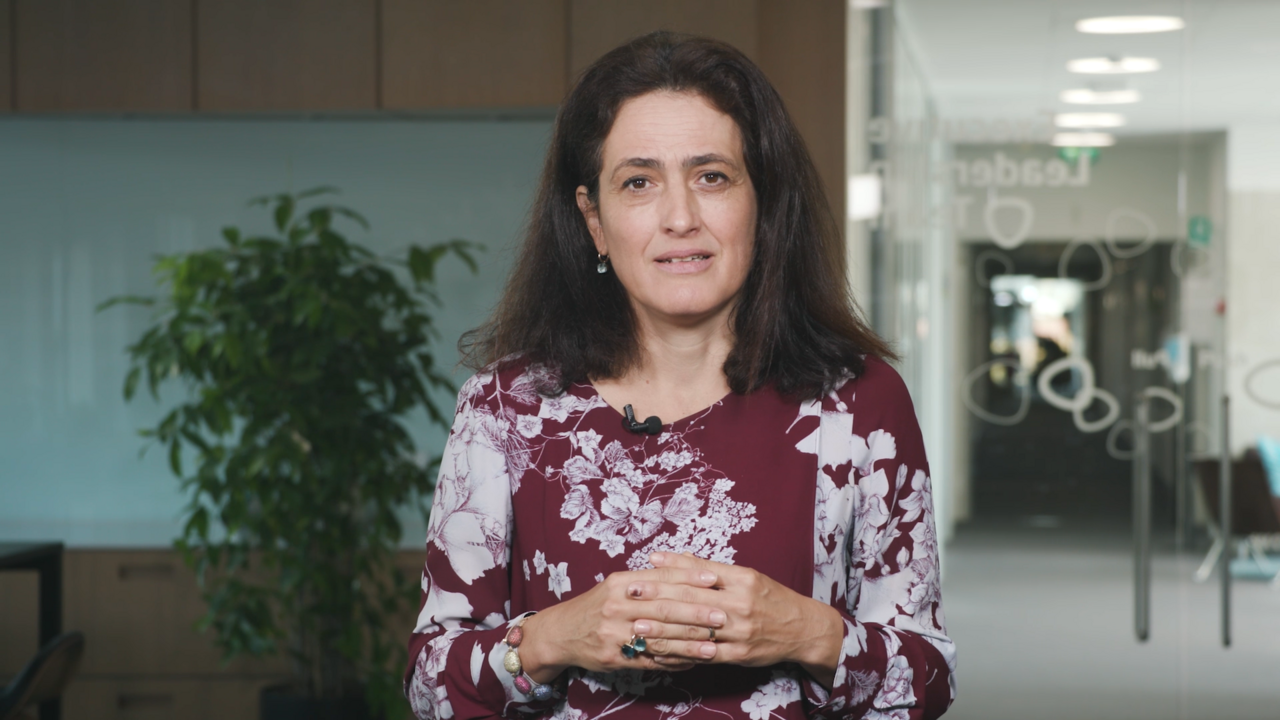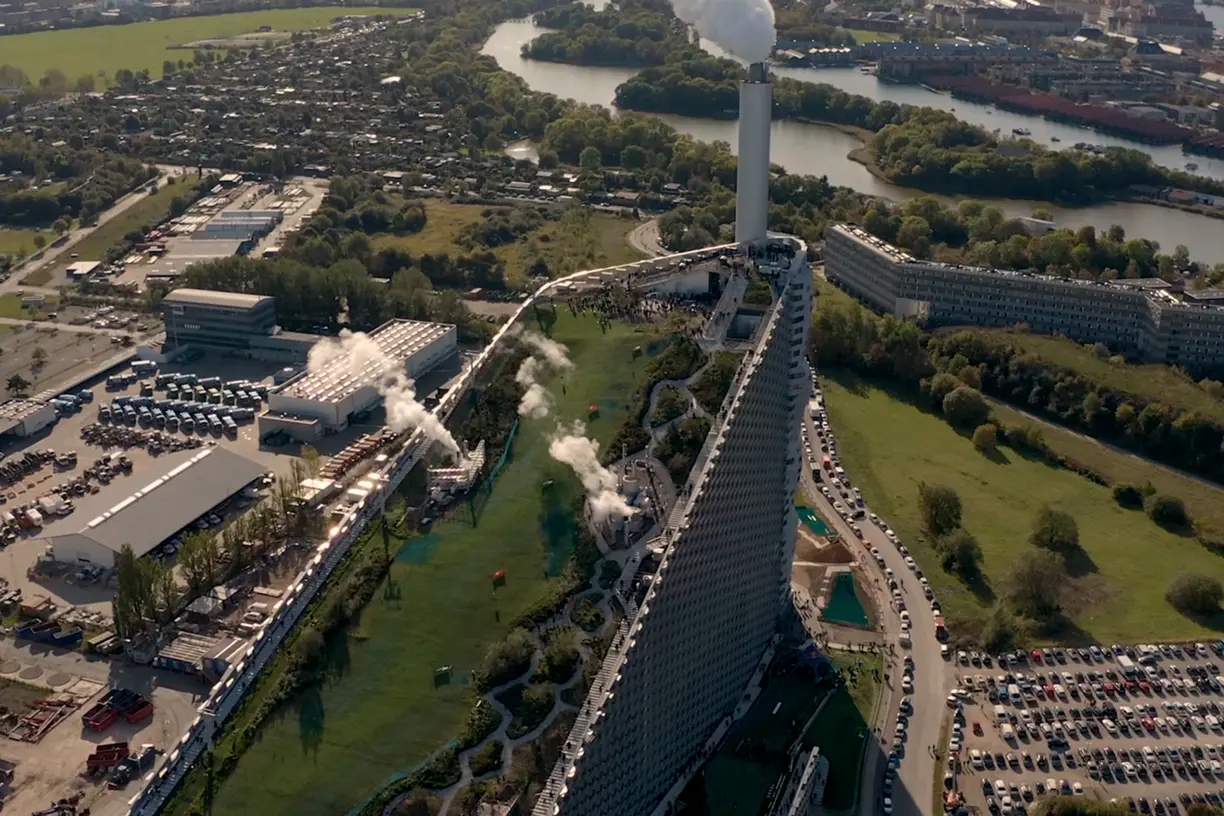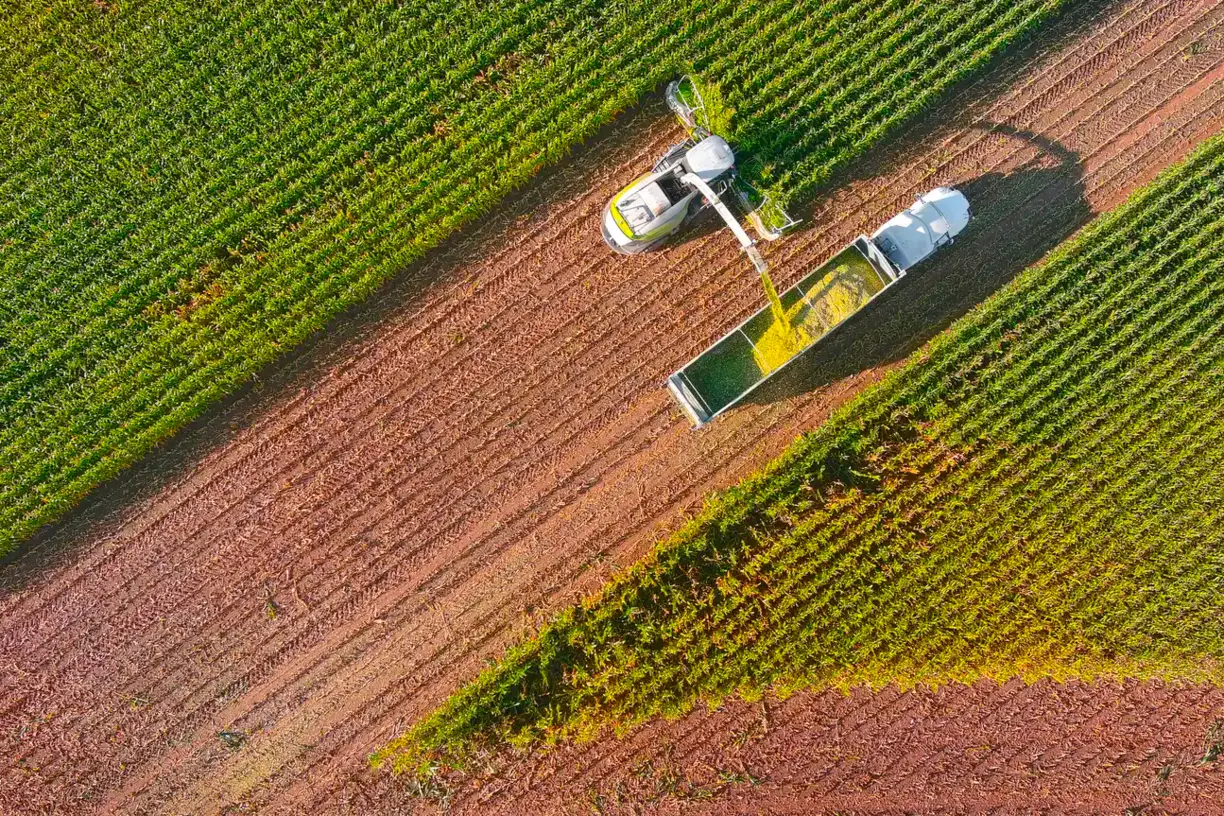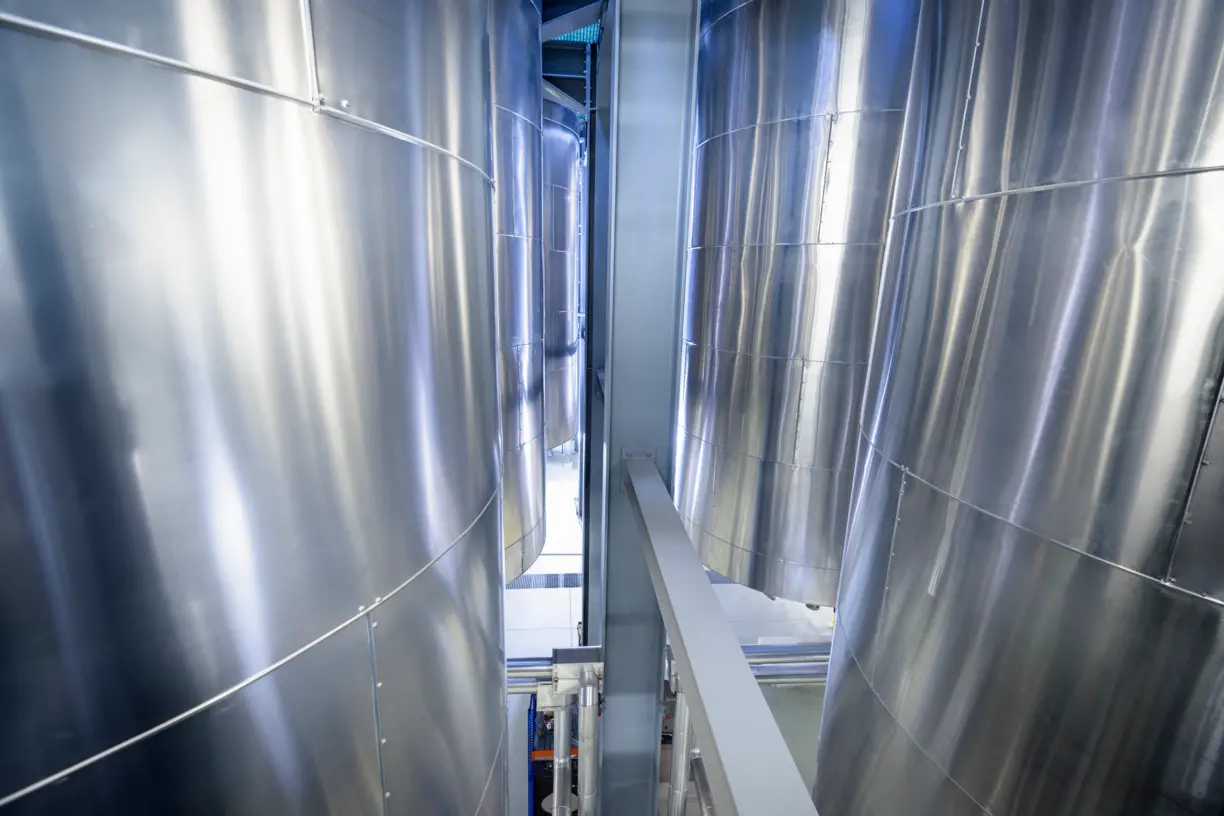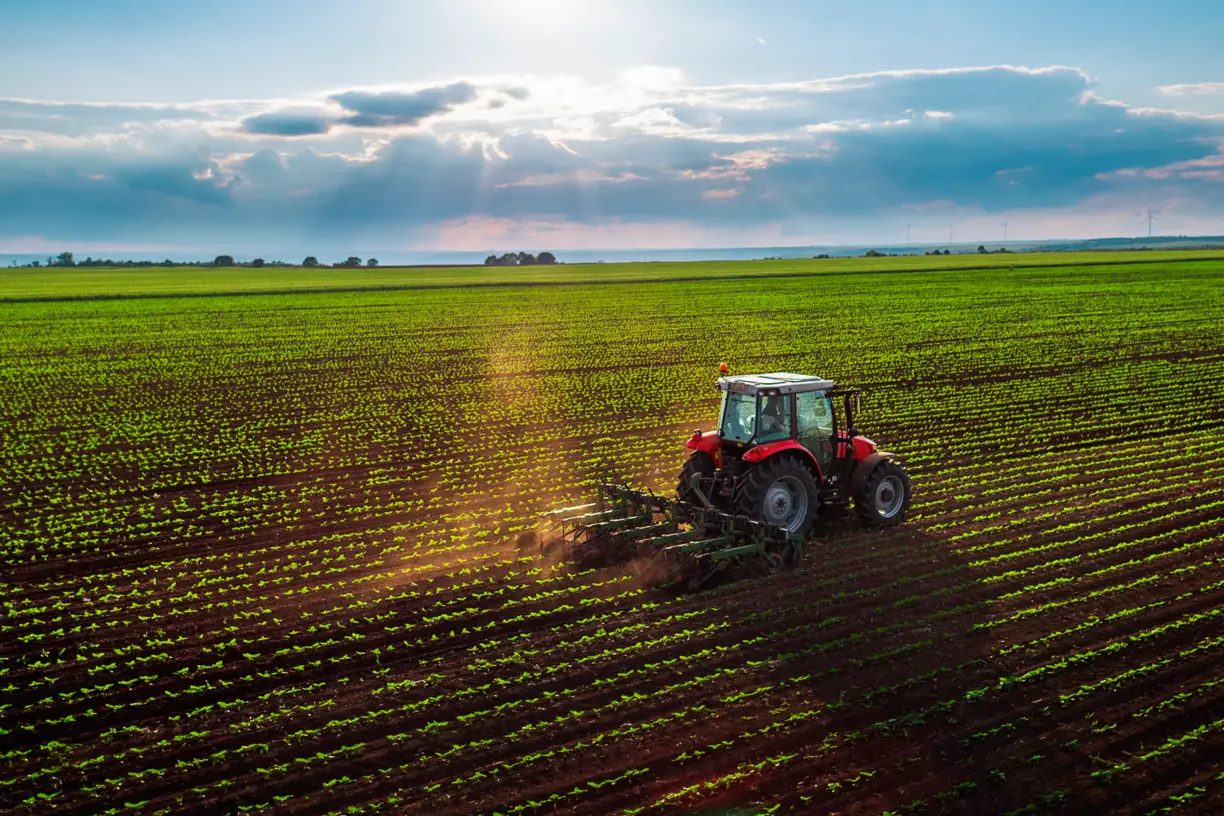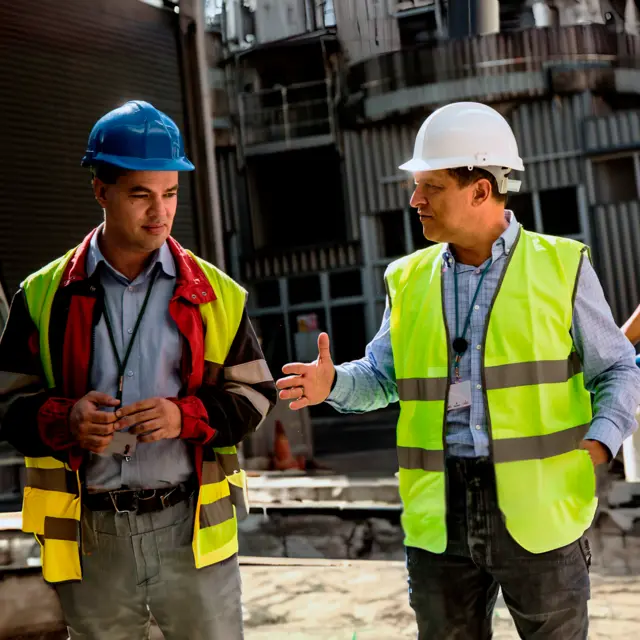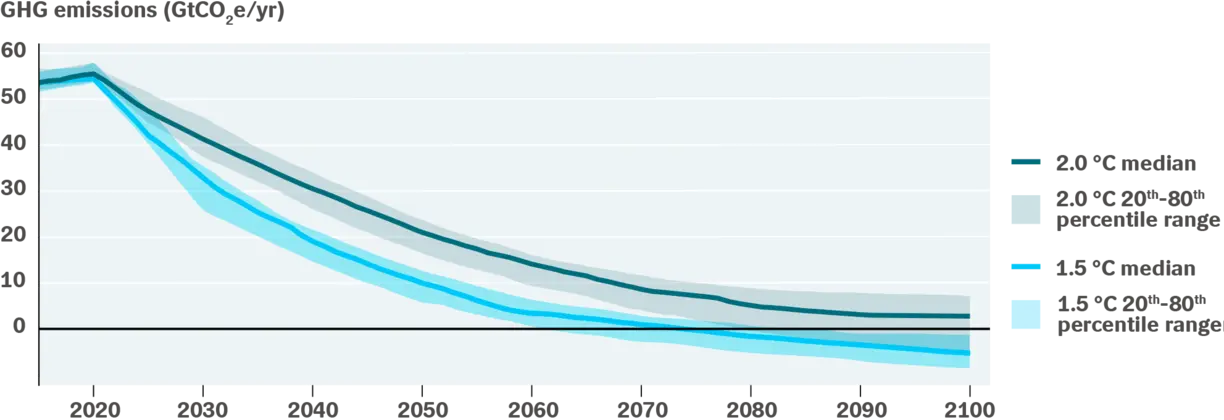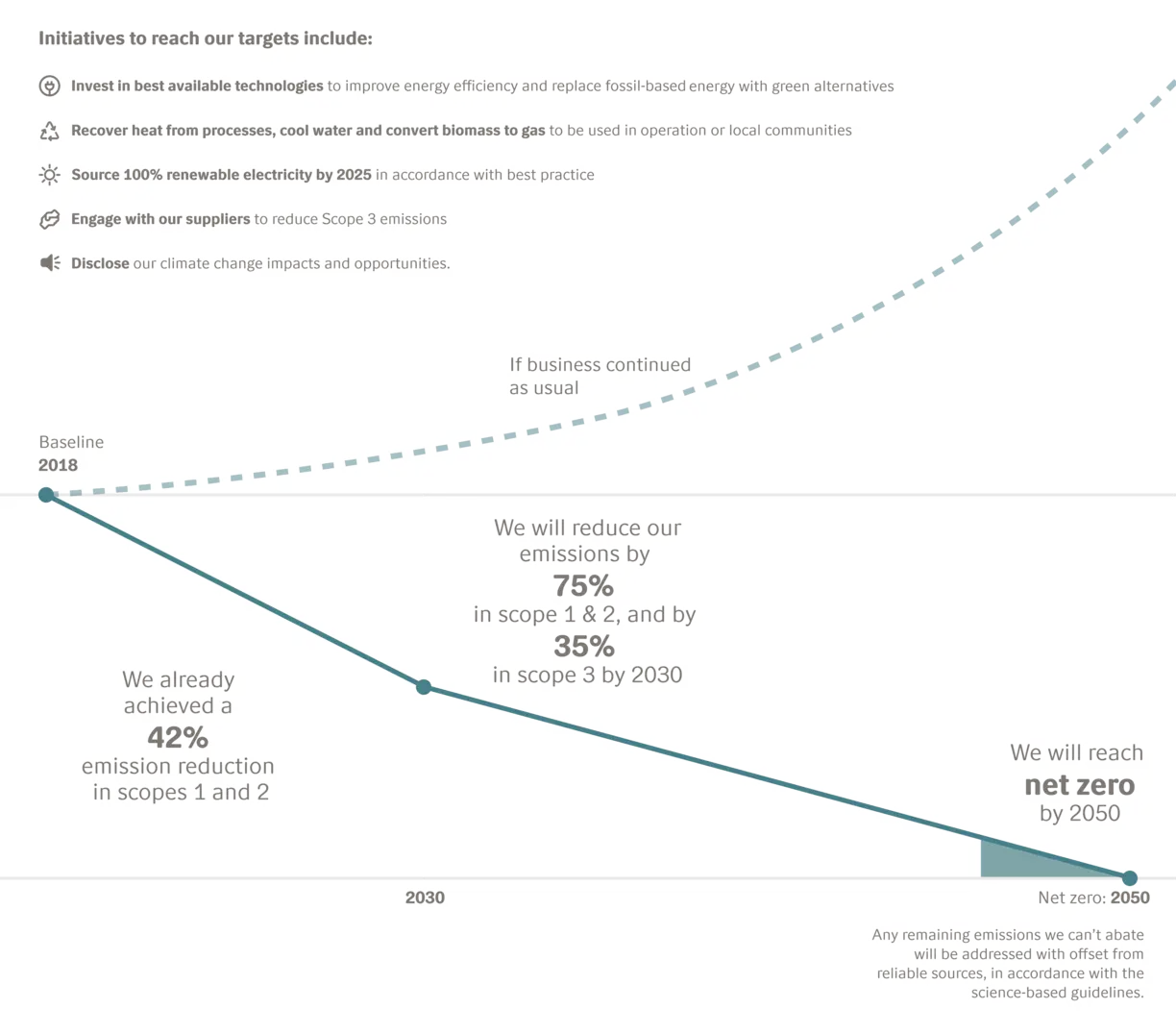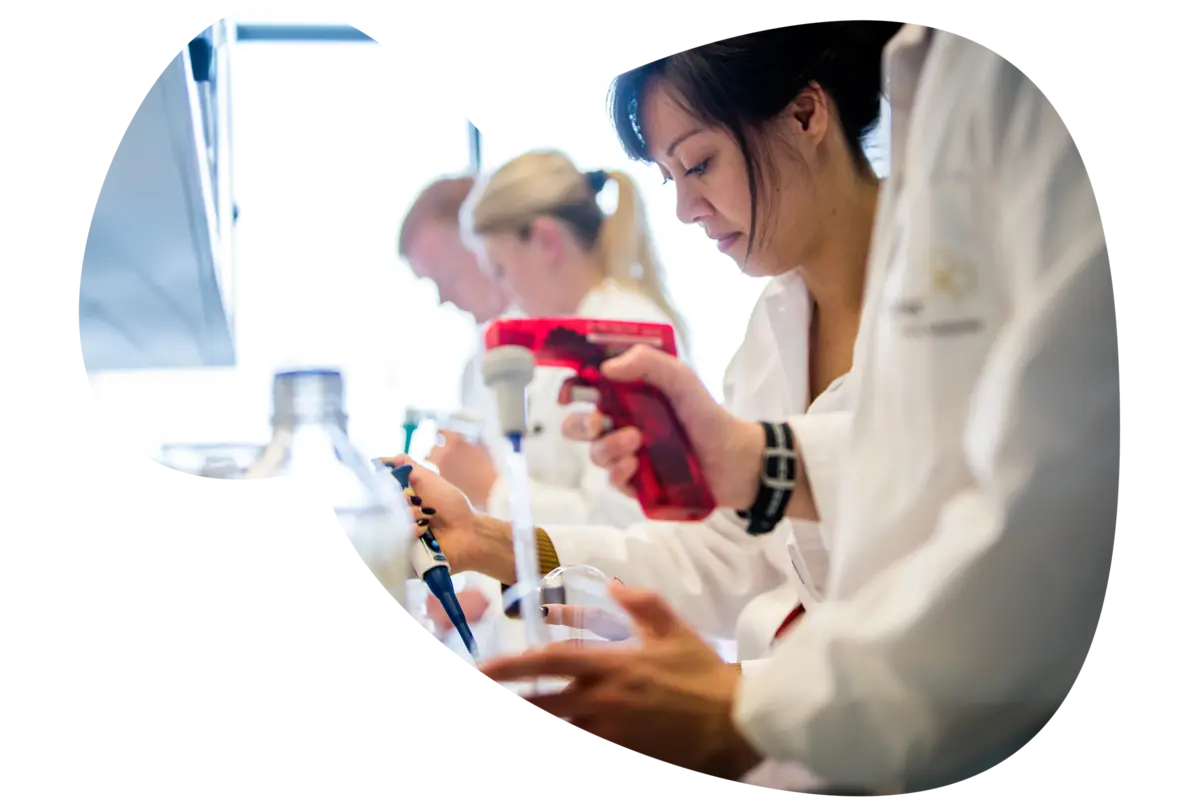The Science-Based Targets initiative provides a clearly-defined pathway for companies toreduce greenhouse gas (GHG) emissions and reach net zero by 2050. Climate action is an integral part of Novozymes’ business strategy. We have been leading the way for many years. We were among the first few companies to set a validated Science-Based Target in line with the 1.5°C pathway.
As of November 2022, Novozymes is amongst the first group of companies in the world to have committed to SBTi’s new Corporate Net-Zero Standard by having a net-zero by 2050 science-based target verified by the SBTi. While more than 2,000 companies have SBTi commitments, only about 85 companies have a net-zero science-based target verified by SBTi as per October 25, 2022.
Being a manufacturing company, we have significant climate impact in our value chain. That’s why our science-based targets cover scopes 1, 2 and 3. We’re fully committed to a net-zero future across all three scopes. There’s no time to waste.
Fast-forward across scopes 1, 2 and 3
We've accelerated our net zero journey to a 75% reduction in absolute emissions from operations and 35 % reduction in absolute emissions from supply chain by 2030 from a 2018 baseline. We've also increased our ambition to source 100% Renewable Electricity by 2025 instead of 2030. These are validated Science-Based Targets* in line with the 1.5°C pathway.
Novozymes commits to reach net zero GHG emissions across the value chain by 2050 from a 2018 base year. Near-Term Targets: Novozymes commits to reduce absolute scope 1 and 2 GHG emissions 75% by 2030 from a 2018 base year*. Novozymes also commits to increase annual sourcing of renewable electricity from 37% in 2018 to 100% by 2025. Novozymes further commits to reduce absolute scope 3 GHG emissions from purchased goods and services, fuel and energy related activities, upstream transportation and distribution, waste generated in operations and business travel 35% by 2030 from a 2018 base year. Long-Term Targets: Novozymes commits to reduce absolute scope 1 and 2 GHG emissions 90% by 2050 from a 2018 base year*. Novozymes also commits to reduce absolute scope 3 GHG emissions from purchased goods and services, fuel and energy related activities, upstream transportation and distribution, waste generated in operations and business travel 90% within the same timeframe. *The targets boundary includes biogenic emissions and removals associated with the use of bioenergy.


